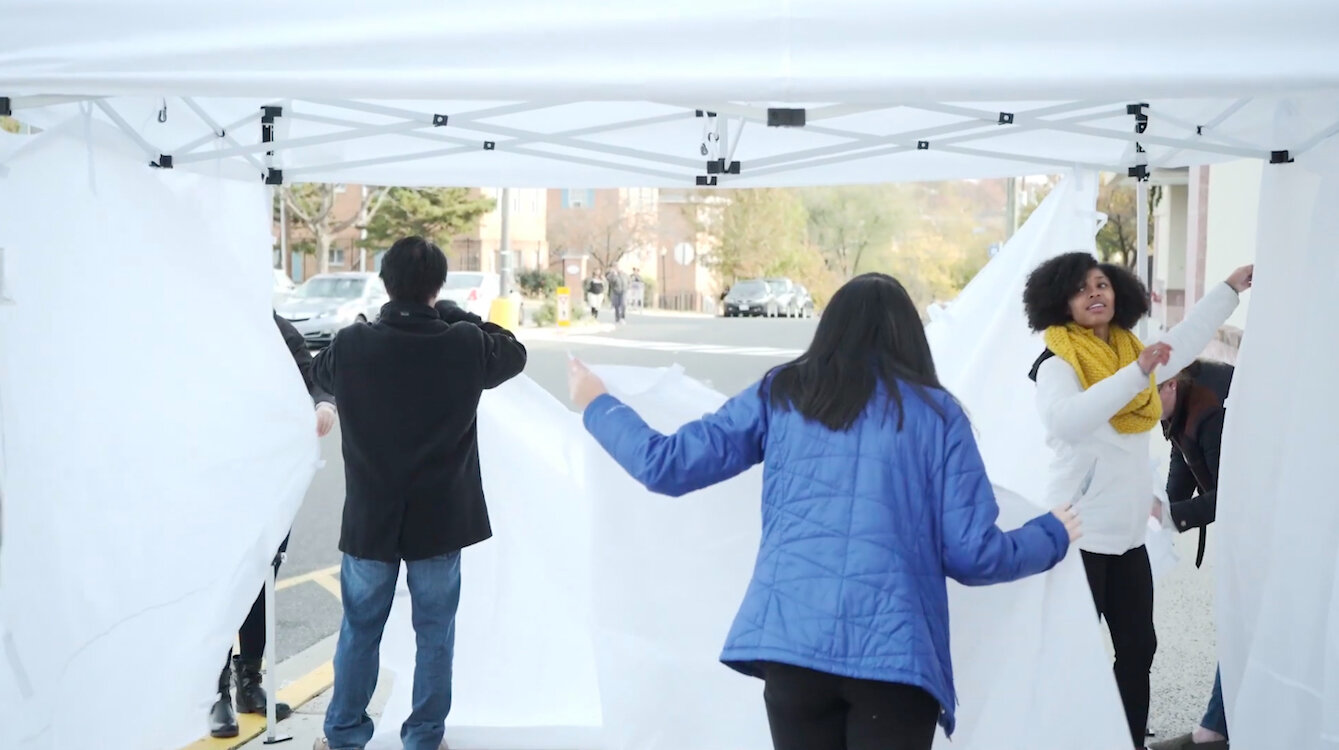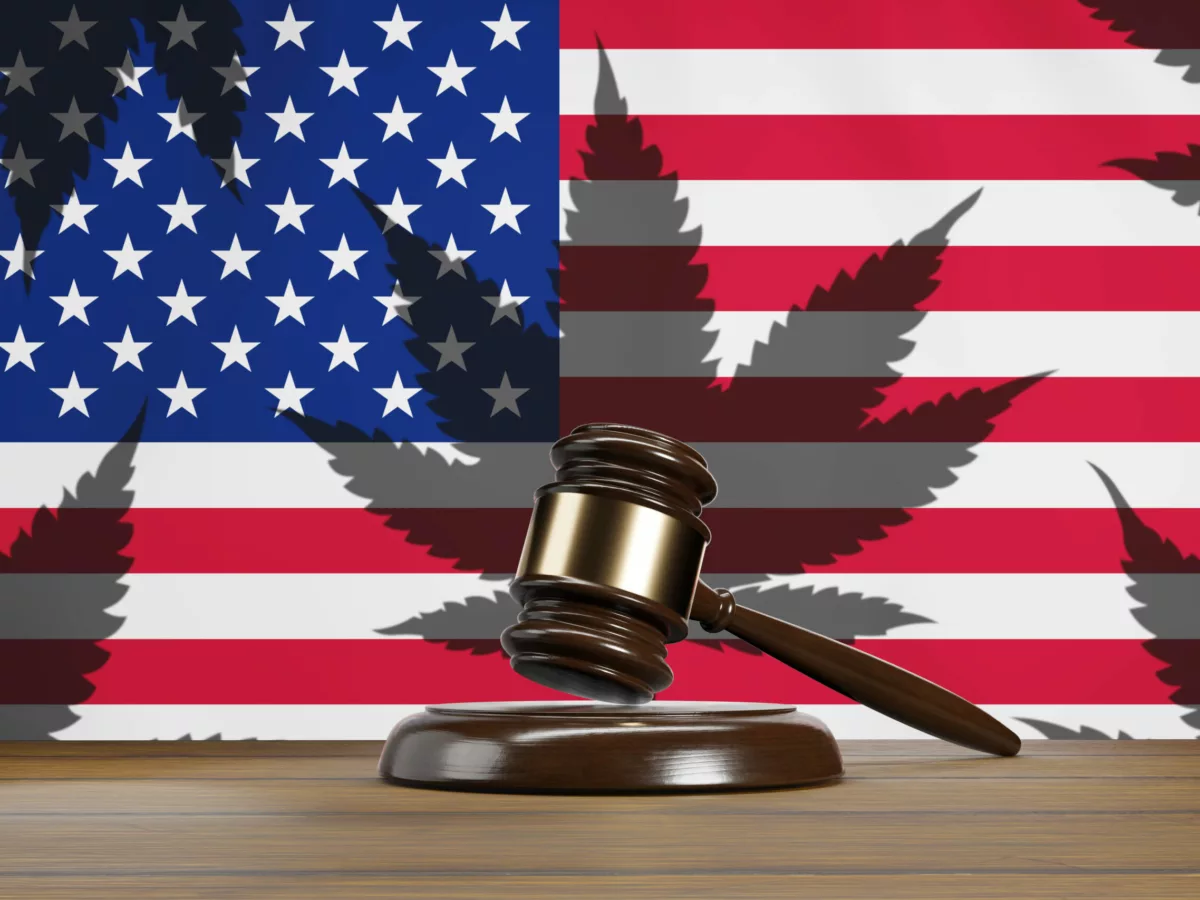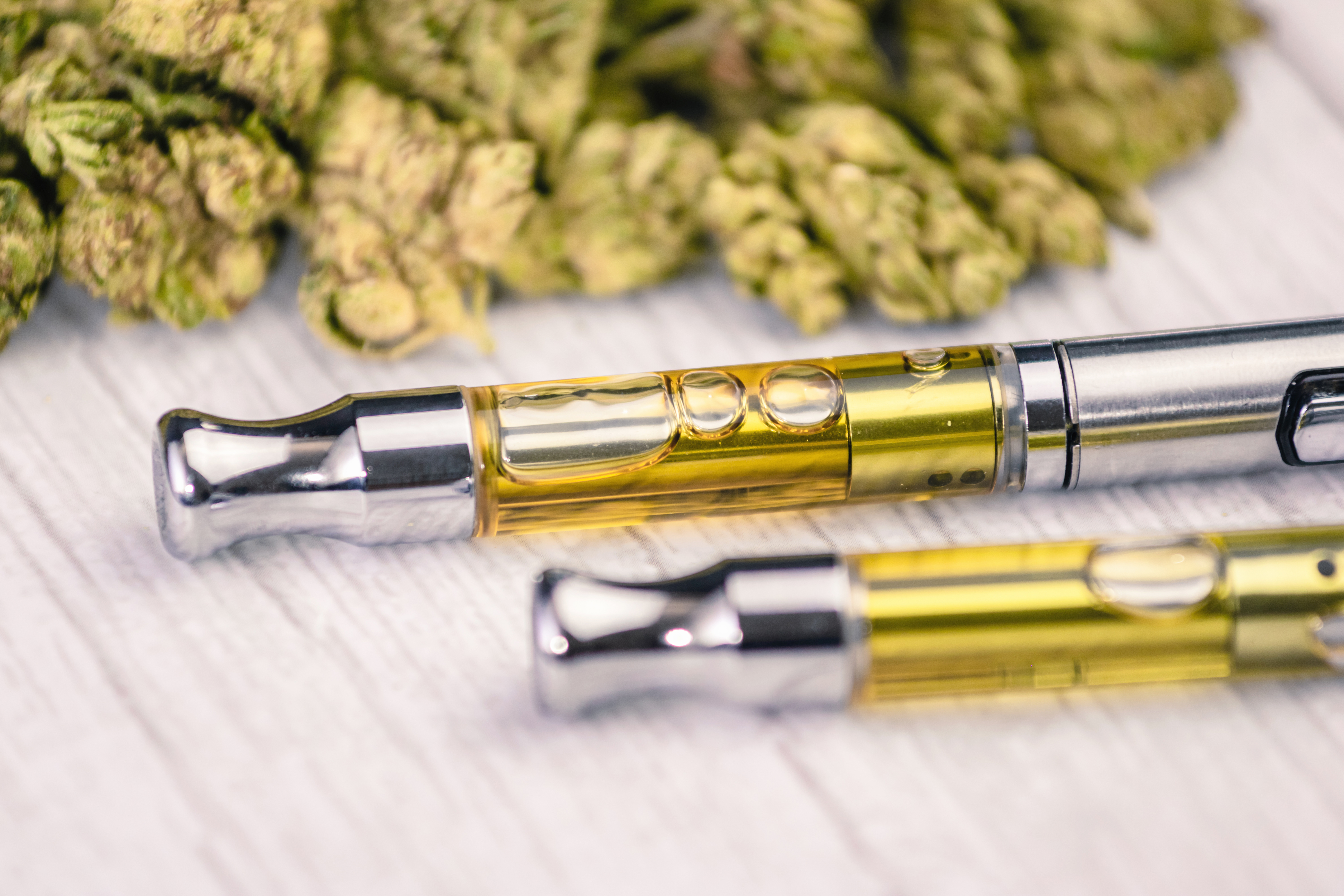“I was kind of always looking for ways to help people whenever I can,” said Mackenzie Copley, who founded One Tent Health, a nonprofit that provides free and easy access to HIV testing, after observing the difficulties that many people experience when they are tested for HIV.
To start, there is getting the test itself, which is scary and stressful, even when you don’t have any reason to anticipate an unwanted result.
“When I went and got tested just for standard check-up reasons, while I was there, even though I didn’t have a big worry—a big statistical reason for concern—I just found it to be very stressful by the perceived intensity of negative implications,” Copley said. “I was worried a little bit and I thought to myself, ‘Other people must be feeling the same way.’ And it’s really scary and I think I’d like to help them through it, however possible.”
So after his test, Copley, who was a senior in college at the time, asked the nurse if there was a way he could help facilitate testing and make it easier for people. The nurse told him actually there was—he could volunteer.
“A week later I’m in Southeast D.C. in a neighborhood I’ve never been to before and offering HIV testing—skipping Calculus class,” Copley said. “My time would be better spent going and doing the testing.”
He helped test about 60 people that day, but noticed that there were people who lined-up who were turned away. They were people who weren’t insured and couldn’t pay—or as Copley puts it, people “the company couldn’t make any money off of.” Observing who the for-profit medical world, by its very nature, left out—people who are often in the most need of easy (and free) access to HIV test screening—stuck with him. The model of going out and bringing testing to people was appealing but the way many places turned away people who were not insured was unacceptable. He decided to try and fix that. That was back in 2015.
“At the time—especially being 21—I think was a benefit,” Copley said. “Just being naive to how important and critical money movement is to a business especially then—and even now I don’t really value that too-too much—I was like, ‘Well that’s wrong. We should test everyone. It’s better for them and better for the world.’”
Copley spent the next two years thinking, researching, and planning a nonprofit approach that could test people that didn’t have the money to get tested. He founded One Tent Health with a friend David Schaffer, who was a physician and knew about the medical ins and outs of testing.
“Two years later in October 2017, we set up our tent and we launched our first ever event and crossed our fingers and held our breath that someone would come in and the last two years weren’t a total waste of time,” Copley said. “And to our great gratitude and joy someone got in the tent and then 17 more people—we tested 18 people that first day.”
Since then, One Tent Health has grown to having 2,000 volunteers (mostly from nearby colleges and universities) and tested around 1,000 people in the D.C. area. The tent is attention-grabbing and provides people some privacy (especially necessary if the results of a test are not what the person wants) but lacks the intimidating sterility of a medical office. And generally, it reduces waiting time by bringing the testing to places where people who need it are already—like outside grocery stores or the laundromat. It all takes about 15 minutes.
Additionally, One Tent enables those who want access to PrEP, “pre-exposure prophylaxis,” a life changing (and in the United States at least, almost prohibitively expensive) drug that if taken daily prevents people from contracting HIV, to get it.
“PrEP is beautiful, it’s basically like an HIV forcefield,” Copley said. “It acts like an HIV birth control pill. You take it each day and it’s about 99% effective against HIV. It’s a vaccine in a pill pretty much.”
One Tent Health is going back out as of this week and is adding voter registration to the list of what it provides, so while people wait in line, a volunteer with an iPad walks the line and checks to make sure they are registered to vote. And One Tent is using another way to try and get people to get in line: In collaboration with Cherry Blossom CBD, a Hagerstown-based CBD company, people who take a test will get some CBD gummies for free.
“We want to drum up more education about CBD and its benefits,” Copley said. “We’ll have information packets on site as well. I’m literally going out to their factory/storage facility on Wednesday to do the physical bagging of about 500 units of Cotton Candy and Mixed Berry CBD gummies.”
Copley briefly considered providing THC gummies to those in line but it seemed better not to provide people with something with psychoactive effects. The calming and pain-relieving qualities of CBD seemed more accessible to more people: “It reduces inflammation, it’s great for recovery, it helps reduce anxiety, pretty much all of the reasons someone might get weed for, you’re getting, the physical benefits are there,” Copley said.
CBD is also a conversation-starter—another way to try and bring down perceived barriers between the people testing and the people getting tested.
“Offering something like a CBD gummy is really good for that relationship,” Copley said. “It’s lighthearted and brings a lot of positivity onto the site.”






